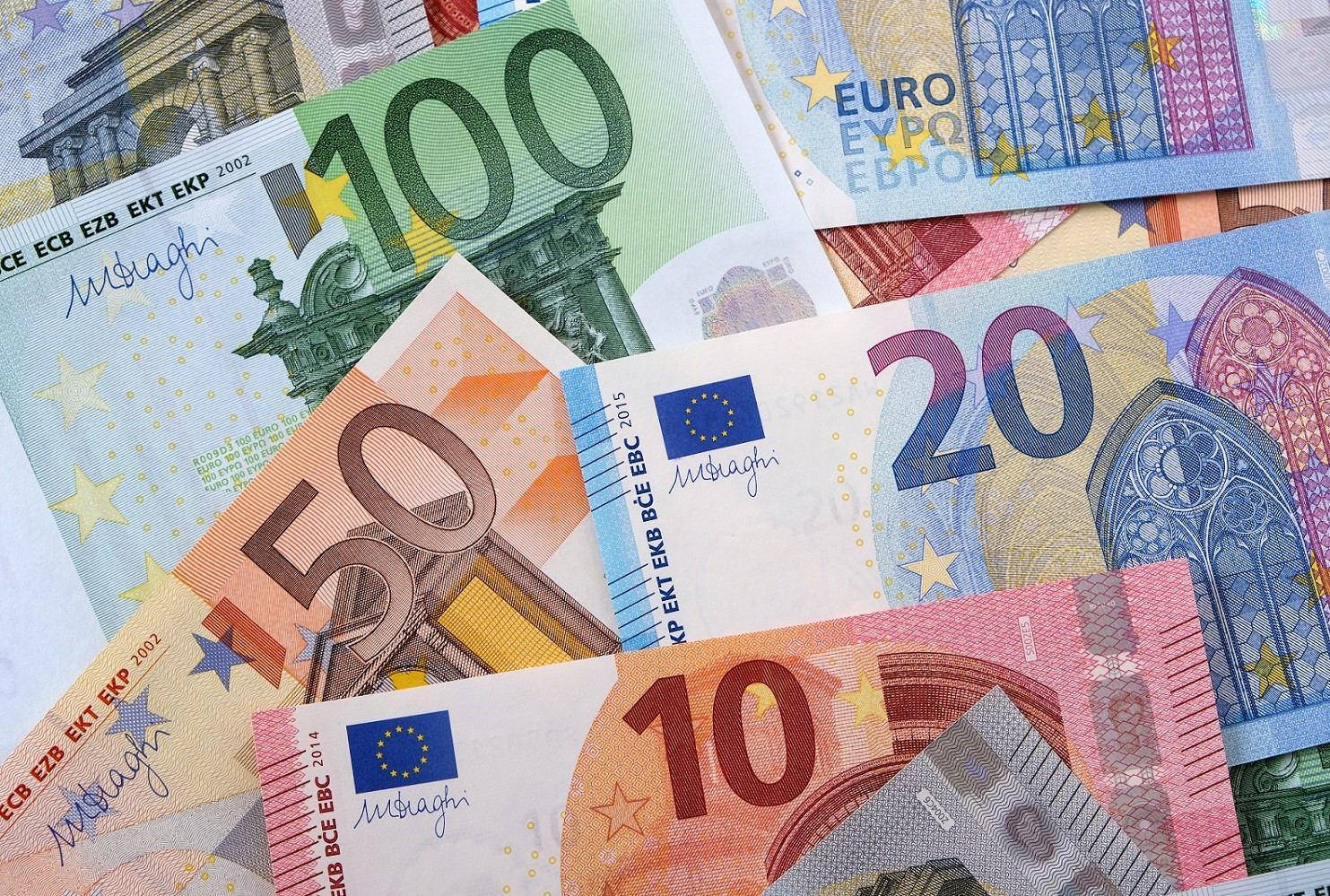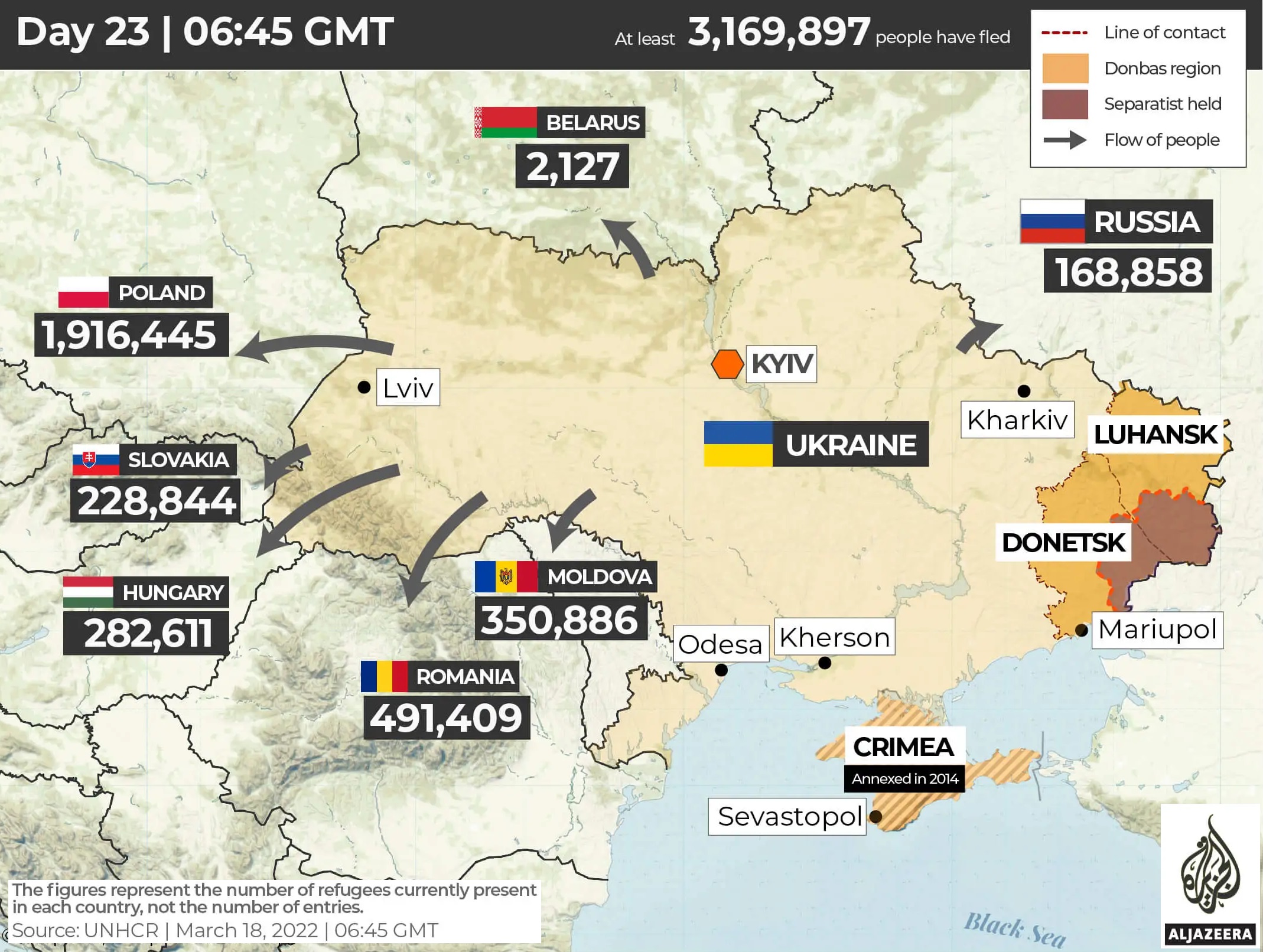Employment trends are a reflection of economic, technological, and societal transformations. Understanding employment trends over time is crucial for policymakers, economists, and business leaders. The visualization of 150 years of United States (US) employment history illustrates major shifts in sectoral employment shares, revealing the impact of industrialization, automation, and globalization.
In the late 19th century, agriculture dominated employment, accounting for a significant portion of the workforce. The mechanization of farming, urbanization, and industrial growth led to a steady decline in agricultural jobs. Similarly, household work, once a major sector, saw a reduction due to social changes and technological advancements.
The early to mid-20th century saw a boom in manufacturing jobs, driven by industrialization and wartime economies. However, globalization, outsourcing, and automation led to a decline in manufacturing employment towards the late 20th century.
The late 20th and early 21st centuries have been marked by the expansion of professional services, healthcare, education, and financial services. Technological advancements and an increasingly service-oriented economy have contributed to this shift.
Industrialization and mechanization reduced reliance on labor-intensive agriculture. Globalization facilitated outsourcing and shifting manufacturing jobs overseas. The digital revolution created new employment opportunities in information technology, telecommunications, and finance. Policy and regulatory changes influenced labor markets, including labor protections and minimum wage laws.
Continued automation and artificial intelligence may disrupt traditional employment models. Upskilling and education will be crucial for adapting to the evolving job market. The gig economy and remote work may shape future employment patterns.
In conclusion, the transformation of US employment over the past 150 years underscores the dynamic nature of labor markets. From agriculture to manufacturing and now to services, economic and technological forces continue to reshape employment opportunities. Understanding these trends provides valuable insights into workforce planning, education, and economic policy.




.png)
.png)
.jpg)
.jpg)



































